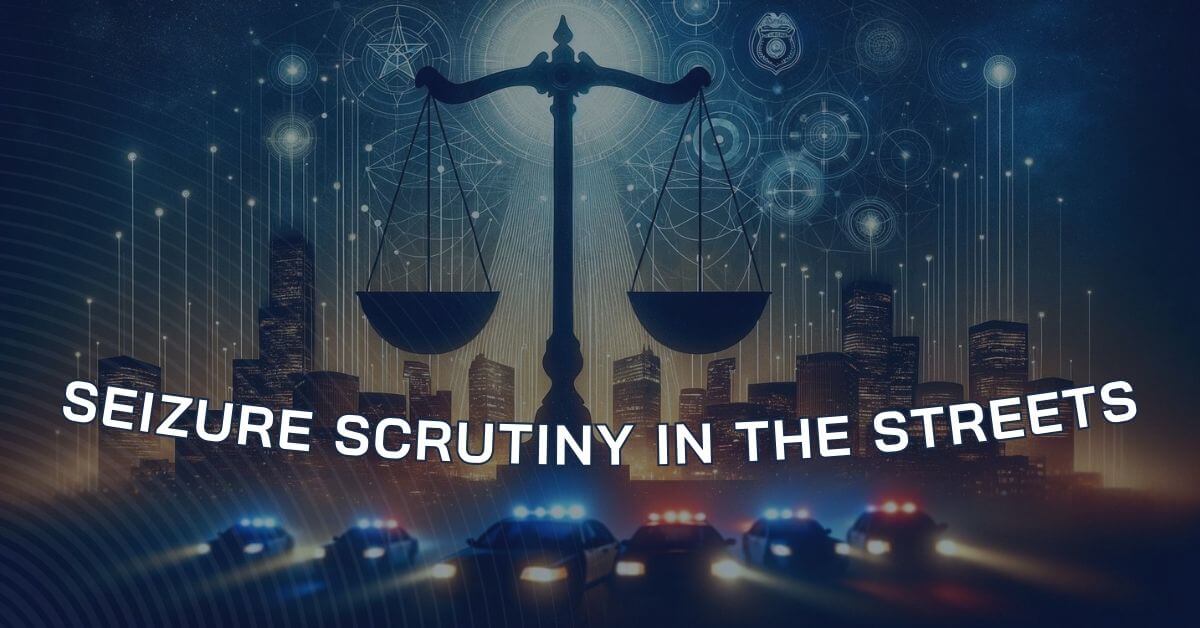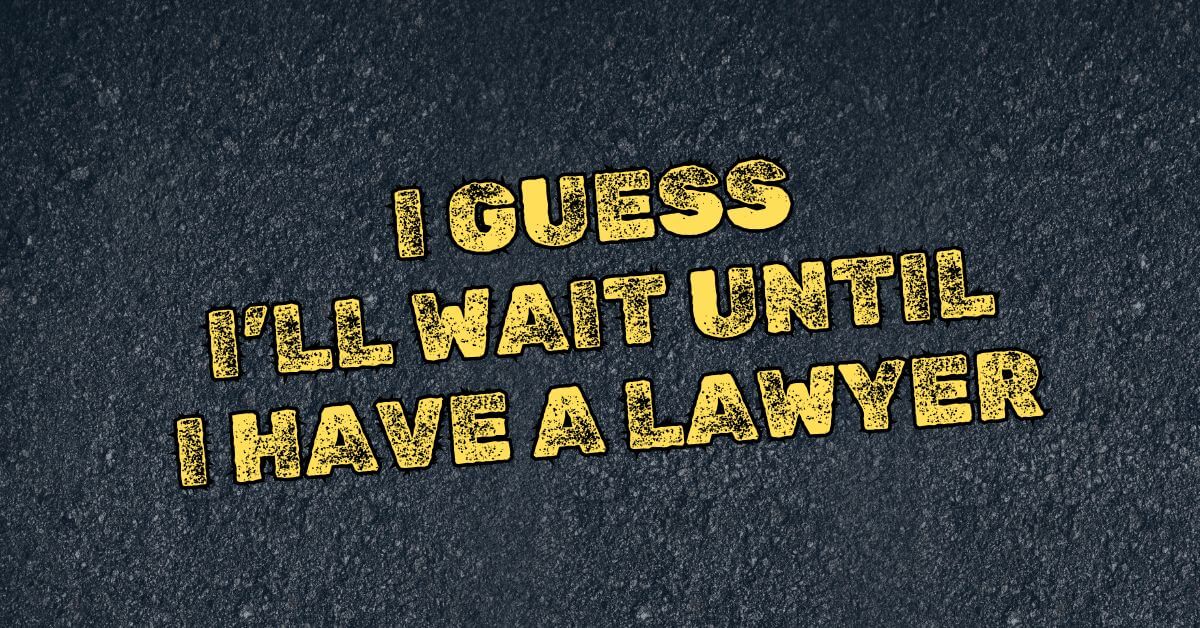Care or Consequence: Unraveling the Ninth Circuit’s Stance on State Created Danger in Martinez v. High
Martinez v. High, a case out of the Ninth Circuit Court of Appeals, recently explored the intersection of duty of care and the State-Created Danger Doctrine, challenging law enforcement to carefully balance their protective role with the potential dangers their actions or inactions may induce. The Plaintiff, Desiree Martinez, filed a lawsuit under 42 U.S.C. § 1983 against Clovis police officer, Channon High. Martinez […]


